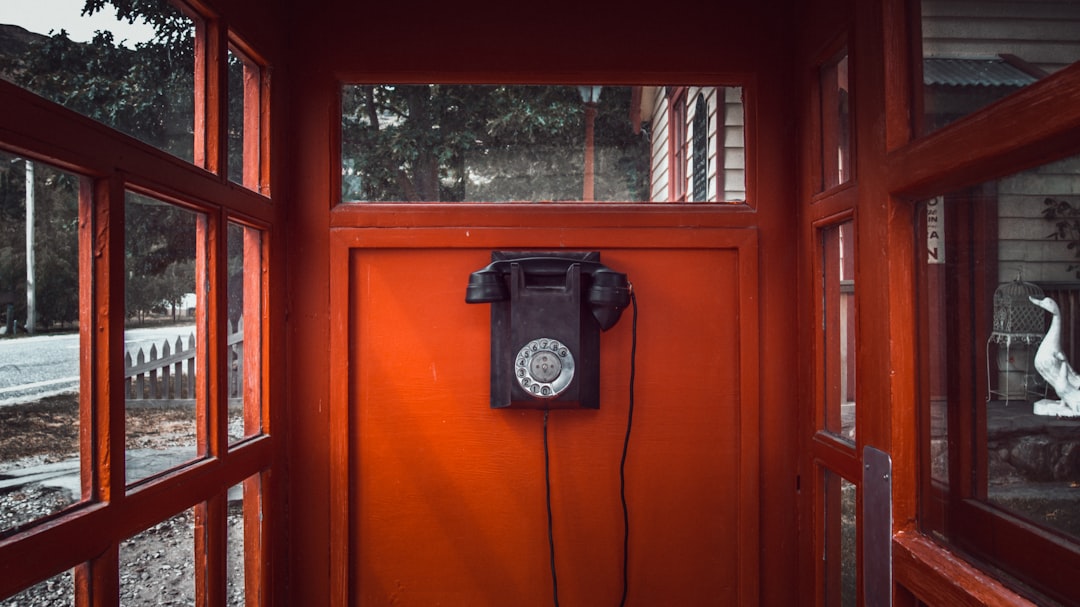Robocallers in Dedham and across MA use caller ID spoofing to masquerade as local calls, increasing the likelihood of recipients answering. Residents should be vigilant for red flags like mismatched area codes or repeated calls from unknown numbers. Consulting Spam Call Lawyers Massachusetts is recommended for blocking, reporting, and legal action against fraudulent activities. Federal and state laws offer protections; experienced lawyers can guide consumers on these safeguards. Proactive measures by residents contribute to a safer digital environment.
In today’s digital age, robocalls have become a ubiquitous nuisance, especially with caller ID spoofing techniques that mask their true origins. This guide navigates through the complex landscape of identifying and preventing caller ID spoofing in Dedham, Massachusetts. We’ll explore red flags to watch out for, delve into the legal aspects protected by state laws, and equip you with actionable steps to combat robocall scams. Understanding these strategies is crucial for every resident looking to safeguard their privacy from spam calls and manipulative tactics employed by telemarketers across the Bay State.
Understanding Caller ID Spoofing: How Robocalls Trick Your Phone

Caller ID spoofing is a sneaky tactic used by robocalls to mislead and trick phone users in Dedham and across Massachusetts. It’s a sophisticated process where the caller’s identity is falsified, often showing up as an unknown or fake number on your screen. In reality, these calls can originate from anywhere, even though they appear local. Robocallers exploit the vulnerabilities in the telephone system to make their calls look legitimate, enticing unsuspecting recipients to answer.
When a spam call arrives, the robocall software manipulates the Caller ID data, altering it to display a number that makes it seem like the call is coming from a familiar or trusted source. This deception aims to increase the likelihood of you answering, as people are more inclined to respond when they believe the caller is genuine. It’s essential for Massachusetts residents to be aware of these tactics, especially with the increasing prevalence of spam calls, and consider consulting Spam Call Lawyers in MA who can provide guidance on protecting against such fraudulent activities.
Identifying Red Flags: Recognizing Suspicious Calls in Dedham

In Dedham, recognizing red flags for caller ID spoofing in robocalls is an important step to protect yourself from potential fraud and unwanted legal repercussions. One clear sign of a suspicious call is when the displayed number seems unrelated or inconsistent with the stated purpose of the call. For instance, if you receive a call claiming to be from your bank, but the area code does not match your location or the bank’s known areas, it could indicate spoofing.
Another flag to watch out for is repeated calls from unknown numbers, especially when they coincide with a surge in unwanted spam calls. If you notice a pattern of such calls, consider consulting Spam Call Lawyers Massachusetts who specialize in these matters. They can guide you on the best course of action, whether it’s blocking the number, reporting the spoofing, or seeking legal advice if fraudulent activities are involved.
Legal Aspects: Protecting Yourself from Spam Calls in Massachusetts

In Massachusetts, recognizing and reporting spam calls, including those disguised as legitimate ones through caller ID spoofing, is crucial for personal protection and collective action against nuisance calls. The Federal Communications Commission (FCC) has implemented laws to combat spam calls, giving consumers tools to defend themselves. If you’ve been a victim of repeated or malicious robocalls, it’s advised to consult with a spam call lawyer in Massachusetts who can guide you through legal options for redress and prevention.
State laws offer additional safeguards. Massachusetts, like other states, has regulations against unsolicited telemarketing calls, including those that use spoofed caller IDs. Legal action can be taken against violators, ensuring that your rights as a consumer are respected. Seeking counsel from experienced spam call lawyers in Massachusetts can help you understand these protections and take appropriate measures to stop unwanted calls.
Taking Action: Preventing and Reporting Robocall Scams

Taking Action: Preventing and Reporting Robocall Scams
If you suspect a robocall, don’t answer it! Instead, let it go to voicemail or use a call-blocking app to prevent further interruptions. Review your voicemail carefully; if the message appears suspicious or promotes an offer that seems too good to be true, consider reporting it to the Federal Trade Commission (FTC) through their Do Not Call registry. Massachusetts residents can also connect with local Spam Call lawyers who specialize in robocall scams and can guide you on legal options available.
Remember, your actions can help protect others from falling victim to these deceptive practices. By participating in community efforts to report and prevent robocalls, we collectively contribute to a safer digital environment. Stay vigilant and don’t hesitate to reach out for assistance if needed.






